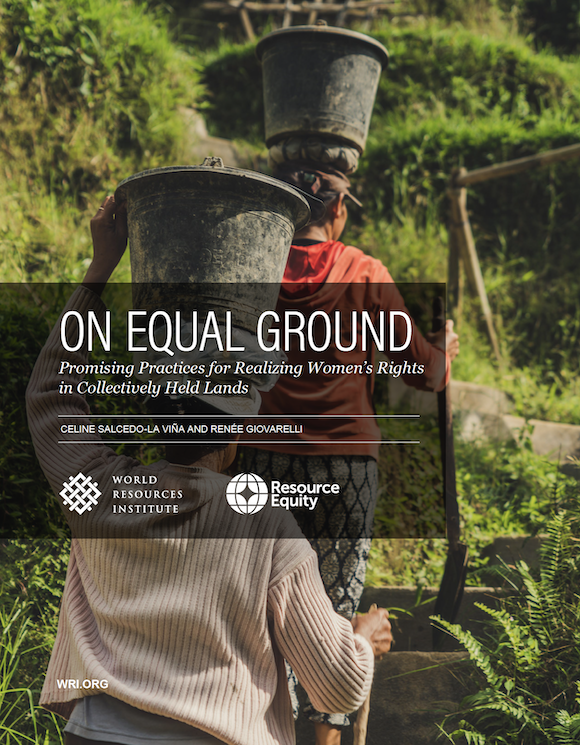Can sustainable management of land commons offer a nature-positive solution? Initial insights from land use-based above-ground carbon stock modeling in the Thoria Watershed, India
A wealth of publicly available satellite data and open-source models allowed researchers to measure carbon stocks in a watershed in India, despite a paucity of on-the-ground data. They found that despite rapid urbanization over the last 20 years, carbon stocks remained relatively stable – possibly due to successful reforestation activities. The research points to how nature-positive solutions can be designed and measured at scale. The research also lays the foundation for global studies to promote a deeper understanding of ecosystem services and sustainable land management.



